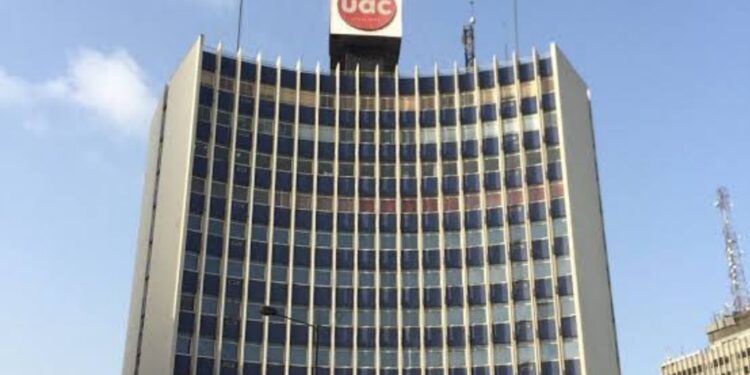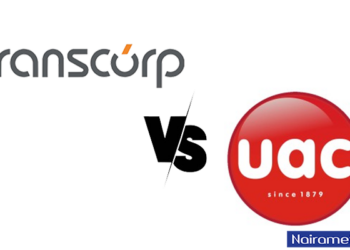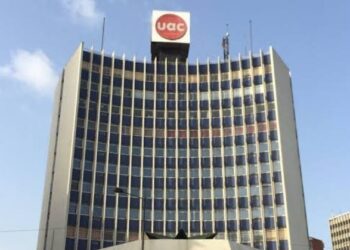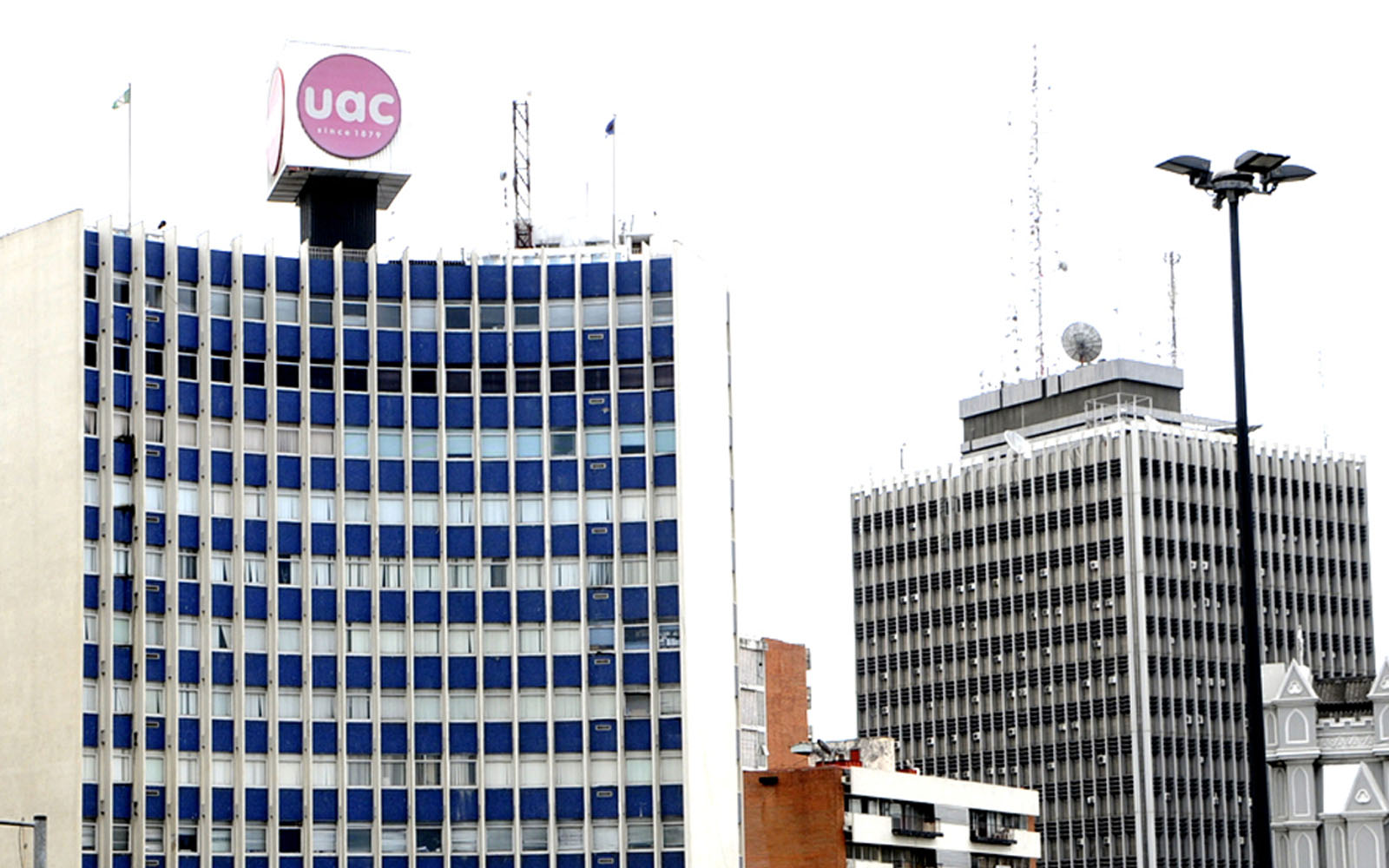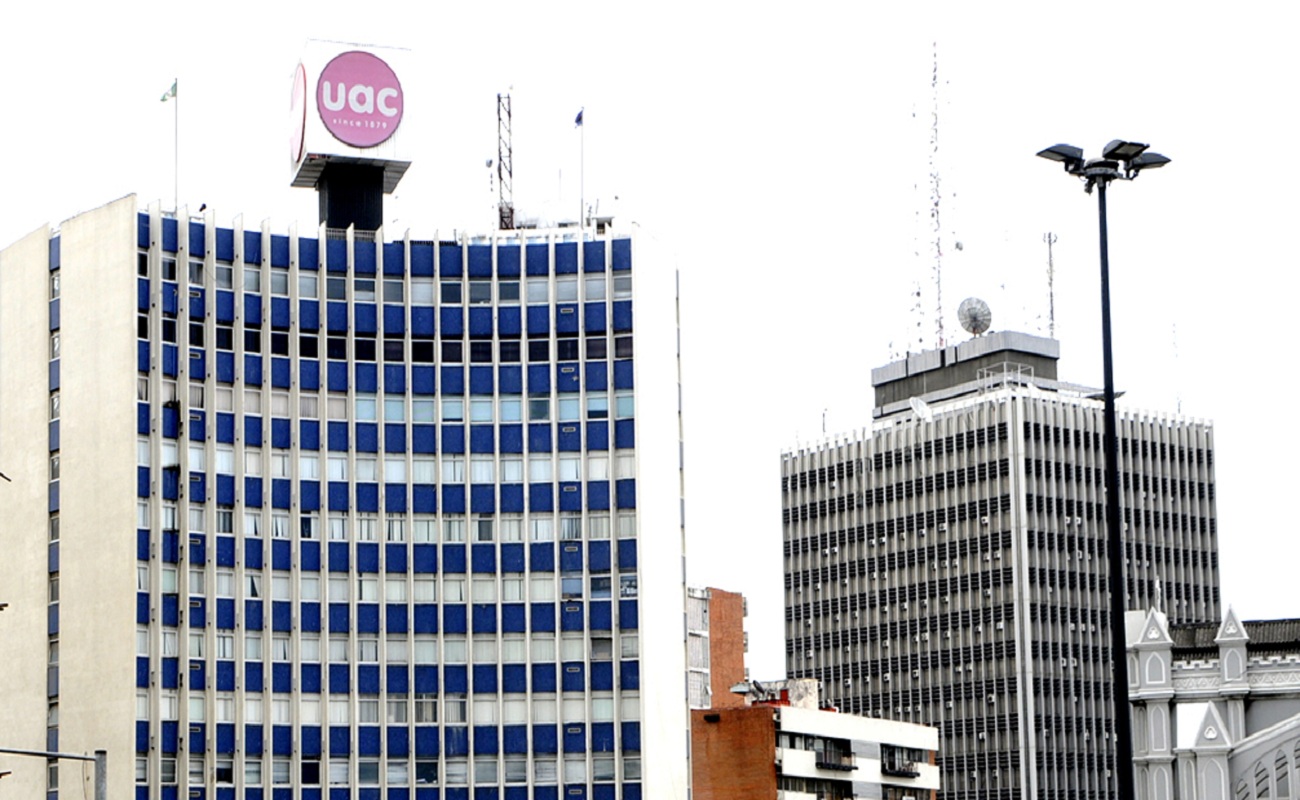In 2023, UAC Nigeria recorded a turnaround in its financial performance, shifting from a loss after tax of N3.99 billion to a substantial profit after tax of N8.91 billion.
Profit before tax surged to N12.34 billion, a notable improvement from the previous year’s loss before tax of N4.36 billion
Furthermore, earnings per share saw significant growth, rising to N3.14 from a loss of N1.07.
As a result, the Conglomerate announced a dividend per share of N0.22 (totalling N644 million), scheduled to be paid on June 21, 2024.
The transition to profitability, coupled with the proposed dividend is expected to potentially improve overall returns, providing investors with a ray of hope.
This is especially noteworthy given the company’s lowest YtD share price return among the Conglomerates/Diversified Industries sector/sub-sector stocks in 2023 at 25.37%.
However, an investment concern arises regarding whether the company can sustain this positive trend going forward.
The company believes it can sustain the positive trend and attributes its impressive performance in 2023 to strategic initiatives. Group Managing Director, Fola Aiyesimoju, commenting on the results, stated:
- “Our Packaged Food and Beverages business grew profitability by N2.9bn from a loss of N144mn in 2022 to a profit of N2.7bn in 2023. Initiatives to drive Animal Feeds performance bore fruit in the fourth quarter and the business recorded N3.8bn in incremental profit, from a loss of N3.5bn in Q4 2022 to a profit of N259mn in Q4 2023. Our focus in 2024 will be on sustaining and improving performance across our businesses.”
Aiyesimoju’s statement highlights the company’s dedication to maintaining and improving upon its current achievements in the upcoming year
But then the company must evolve enduring strategies to reduce its input costs, putting pressure on the gross margin.
For instance, in 2023, while the company experienced significant growth in gross profit, exceeding its long-term trend, the gross profit margin, which is the percentage of revenue remaining after accounting for the cost of goods sold, was lower than its historical average.
In other words, although the company generated more gross profit in absolute terms, it was not as efficient in converting its revenue into profit compared to its historical performance.
This could indicate potential challenges such as increased input costs that increased the cost of sales and this may continue in 2024.
The company has already indicated in its 2023 FY presentation report that it anticipates margin pressure in 2024 on account of the lag between rising input costs and passing these on to the already stressed consumer via price increases.
Indeed, implementing initiatives aimed at enhancing operational efficiency to manage the rising costs is crucial for sustaining the positive trend.
This becomes particularly crucial when considering that the 5-year record operating profit of N9.093 billion in 2023 was primarily attributed to gains from the disposal of non-core property, totaling N7.118 billion.
Excluding these gains and non-recurring impairment charges, the underlying operating profit stood at ₦2.6 billion.
Apart from grappling with operational cost challenges, the company seems to face difficulties in managing its working capital effectively. The company experienced a decline in its free cash flow from N9.6 billion to N3.8 billion, which the company attributes to the rise in inventory and receivables.
However, the company’s balance sheet appears to be relatively healthy. The moderate levels of debt relative to equity and assets, as indicated in its moderate debt-to-equity and debt-to-assets ratios suggest a reasonable balance between debt and equity financing.
This indicates that the company maintains a balanced capital structure, which is crucial for its financial health and operational flexibility. It reduces the risks associated with excessive debt, such as high-interest payments and potential liquidity problems.
The company’s interest coverage ratio of 2.76x and current ratio of 1.21x reflect this financial stability, a crucial aspect for sustained growth. This is expected to foster confidence among investors and creditors,
Importantly for investors, UACN appears relatively undervalued across multiple valuation measures.
Its price-to-sales ratio of 0.38x and price-to-book ratio of 0.77x are both lower than the sector average ratios of 0.72x and 1.06x, respectively. Additionally, its price-to-earnings ratio of 3.98x is lower than the sector’s average ratio of 8.53x.
These metrics indicate that investors are paying less for each unit of sales generated by the company, less for each unit of the company’s book value, and less for each unit of earnings generated by the company compared to the sector average.
These favorable valuation metrics are likely to enhance investor confidence in UACN’s stock, potentially driving the share price upward in the future.
However, it remains imperative for UACN to diligently sustain and refine its initiatives and strategies. This involves effectively growing revenue organically, adeptly managing its working capital, and streamlining operational costs to bolster its operating cash flow and free cash flow.

